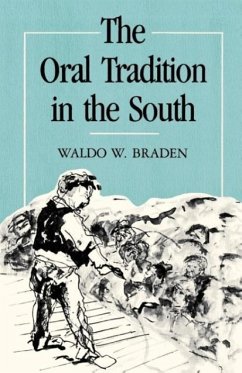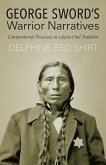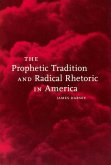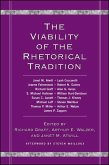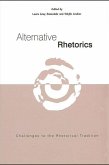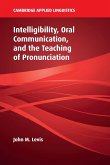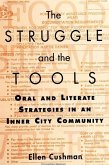Over the years, the phrase "southern oratory" has become laden with myth; its mere invocation conjures up powerful images of grandiloquent antebellum patriarchs, enthusiastic New South hucksters, and raving wild-eyed demagogue politicians. In these essays, Waldo Braden strips away the myths to expose how the South's orators achieved their rhetorical effects and manipulated their audiences. The Oral Tradition in the South begins with two essays that trace the roots of the South's particular identification with oratory. In "The Emergence of the Concept of Southern Oratory, 1850-1950," Braden suggests that it was through the influence of southern scholars that southern oratory gained its renown. The second essay, "The Oral Tradition in the Old South," focuses on antebellum times to reveal the several factors that combined to make the region a fertile ground for oratory. Braden further explores the antebellum oratorical tradition in "The 1860 Election Campaign in Western Tennessee," analyzing speeches made in Memphis by such national figures as William L. Yancey, Andrew Johnson, and Stephen A. Douglas, and revealing the nature of political canvassing in that era. Shifting his discussion to the years that followed the Civil War, Braden examines. in "Myths in a Rhetorical Context," how such speakers as General John B. Gordon and Henry Grady worked to restore the shattered self-esteem of the region by spinning myths of the Old South and the Lost Cause and by proclaiming the hopeful era of the New South. The fifth essay, "The Rhetoric of Exploitation," probes the rhetorical strategies of the demagogue politicians of the twentieth century-strategies such as "plain folks" appeals and race-baiting. In the final essay, "The Rhetoric of a Closed Society." Braden analyzes the movement opposing racial integration in Mississippi. Showing how the White Citizens' Council, Governor Ross Barnett, and other leaders manipulated the public to make the state a closed society from 1954 to 1964. Although he takes pains to establish the historical context in each of these essays, Braden's emphasis as a rhetorical critic is always on the speeches themselves. He pays close attention to the kinds of appeals found in the words of the speeches and to the individual speaker's use of images and phrases to evoke particular myths. But Braden looks beyond the texts of the speeches to take into account the full context of the event. "What the reader finds in the printed version of the text," he explains, "might be only a small part of the myth, a tiny hint of what grinds inside frustrated listeners. Sometimes the trigger for the myth does not even appear in the printed version, because face-to-face the listeners and the speaker, feeling a oneness, evoke the myth without verbal expression." To account for this nonverbal dimension of oratory, these essays assess the impact of the location and atmosphere of the gathering, the audience's expectations, and the speaker's use of ritual, symbolic gestures, and props. During the nearly forty years of his career, Waldo Braden has been a pioneer in the serious study of oratory. A landmark work, The Oral Tradition in the South is the capstone to a distinguished career, a comprehensive and authoritative study of the subject Braden has so innovatively researched.

